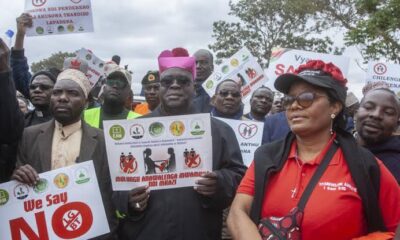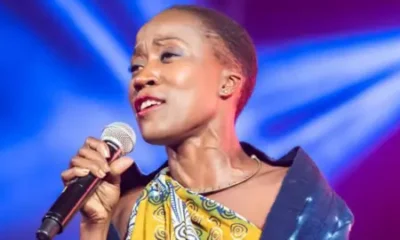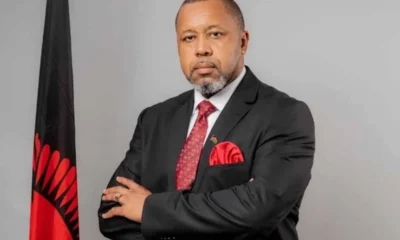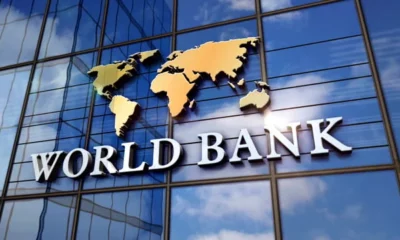Some prominent traditional rulers in Nigeria have pleaded with Nigerian youths and organizers of the planned nationwide #EndBadGovernance protests scheduled to commence on August 1 to be patient with the President Bola Tinubu administration as the president was working hard to make the country better.
The monarchs, who made the plea following a meeting with Tinubu on Thursday at the Presidential Villa in Abuja, called for calm over the planned nationwide protest meant to demonstrate against the prevailing economic hardship in Nigeria.
President Tinubu had called for the emergency meeting with state governors on the platform of the All Progressives Congress (APC),
prominent traditional rulers and Islamic religious scholars known as Ulamas, as part of efforts by the government to ensure the planned hunger protests is averted.
The protests which are being organised under the hashtag #EndBadGovernance, have gained significant traction on social media prompting the government to engage the traditional rulers urging them to talk to their subjects to shelve the protests.
After the meeting, the revered monarchs including the Sultan of Sokoto, Muhammad Sa’ad Abubakar III, the Ooni of Ife, Oba Adeyeye Enitan Ogunwusi, Emir of Zazzau, Ahmed Bamalli, and Dein of Agbor Kingdom, Ikenchukwu Keagborokuzi I, pleaded with Nigerians to give the government time to make things work in the country.
“The President has said, ‘any leader that you don’t like, wait (until 2027) and vote him out.’ He is open to dialogue. We know that Nigeria faces many challenges. But are we going to destroy our nation by ourselves? Is that what we are all after?” Oba Ogunwusi who co-chairs the National Council of Traditional Rulers of Nigeria, said.
“It is very difficult to build, but it is the easiest to destroy. We are all stakeholders in this country and are stronger as a nation than individually.
“We should talk to ourselves. We need to know that today, it’s a completely different spin. The government, ably led by the President, is willing to engage and dialogue and bring governance very close to the people.
“People that are out there to protest, it is their civic right. But let them put a face to it and don’t let it be hijacked by people that have ulterior motives. That is our stand.
“We the traditional rulers are not in support of people, especially youths, coming out to loot and break down law and order. We condemn such acts fully. We are parents, we are traditional rulers, and we are closer to them (youths). We are going to go back home and continue to engage them.”
On his part, the Emir of Zazzau said traditional rulers were worried about the protests, adding that they could shut down the country.
“There’s nobody who will not be worried about the protests; we’ve seen what has happened in other climes, where governments had been brought down.
“As an ex-diplomat, I have seen what happened in other climes and that is why I am in the position to say what happened in other places.”
“We have made it very clear to President Tinubu that the main problem in this country, especially the north, is insecurity. If the security situation is addressed, certainly people will go back to their farms and the issue of hunger will drastically reduce and disappear,” Bamalli added, urging Nigerians to exercise patience and to listen to the words of wisdom.
“We are very optimistic Nigeria will bounce back to its former position as the leading country in Africa.”
The Dein of Agbor Kingdom also appealed to Nigerian youths to work with the FG using all available opportunities.
“Hearing from Mr. President directly, the take-home message for me is that I can see the passion. But at the same time, I think the government finally understands we are at the precipice.
“We will listen to our youths because they lead the future. The power and strength of Nigeria certainly lie with the young people. We feel your pain. I’m a young person myself.
“It’s been 24 years since I’ve started seeing the nation going in a very unpalatable direction. This protest, I know that it’s very tight in our neck, but let us not destroy our own country,” said the traditional ruler.
“Think of Libya. Libya was a beautiful country; what has happened to Libya, we don’t want it to happen here.
“Let’s go home. Let’s continue to strive to be the best that we can and continue to work with the government to see if we can offer some solutions.
“I think that that would be best rather than to destroy property or injure ourselves,” he advised.

 Sports1 day ago
Sports1 day ago
 Metro1 day ago
Metro1 day ago
 Metro14 hours ago
Metro14 hours ago
 Tech1 day ago
Tech1 day ago




























